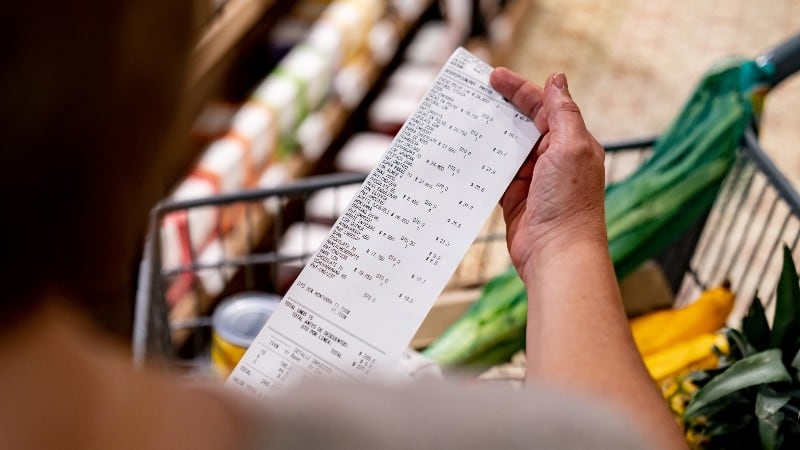South Korea’s Ministry of Food and Drug Safety (MFDS) first announced the healthy food corner initiative as a joint project between the convenience store industry and the ministry back in 2022, setting up these corners at convenience stores located near metropolitan schools.
On the back of the success of this initial project, MFDS has recently announced that it will be expanding the scope of this to more convenience stores located nationwide.
“The healthy food corners create an environment where children and teenagers can easily look for and purchase healthier products such as low-sodium kimbap and low-sugar drinks,” MFDS minister Oh Yoo-kyung said via a formal statement.
“We have found that convenience stores are the main retail locations where children and teenagers mainly purchase their food from, and with the success of the project since 2022, we will now expand this nationwide to be implemented in 167 convenience stores all over South Korea including non-metropolitan areas such as Chungbuk and Jeonnam.
“The convenience store chains that are part of this project are amongst the most popular in the country, which are GS25, CU, 7-eleven and e-Mart 24.”
Participating convenience store outlets are required to utilise special stickers provided by MFDS indicating that the store has a healthy food corner, as well as designated stickers on the display shelves displaying healthy food products.
“MFDS can confirm that convenience stores with healthy food corners sell about 30% more drinks with lower sugar content than other stores,” the ministry added.
“This is instrumental in helping children and adolescents practice healthy eating habits, and to improve public health outcomes, hence we hope that the expansion of this project will enable it to reach even more children in the country.”
The expansion is expected to be completed in all 167 stores by the end of 2024, spelling added opportunities for local food brands engaged in the manufacturing of healthier food products with low sodium, sugar or fat content to develop new products catering to the convenience store retail sector.
Caffeine concerns
In addition, MFDS is hoping to also tap on the convenience store sector network to develop strategies preventing excessive caffeine consumption amongst teenagers, a very common occurrence in South Korea, driven by a culture of long periods of hard studying and also gaming.
“MFDS will be working with about 1,040 convenience stores across the country to inform consumers about the appropriate intake of caffeine and the potential side effects of excessive intake,” said the ministry.
“This will include having participating stores post promotional materials cautioning against high caffeine intake on the relevant product shelves, distributing eye-catching signs and more to promote caution in caffeine consumption.”





